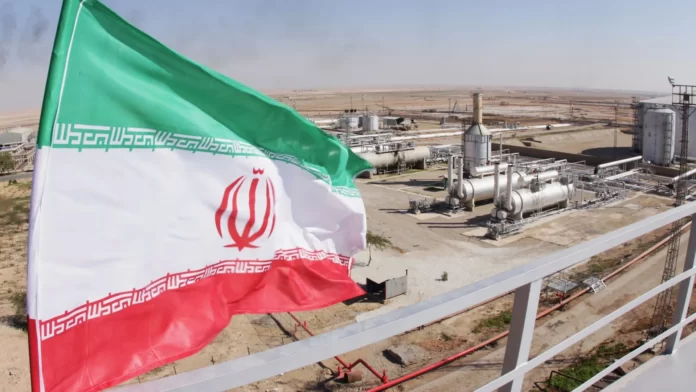Oil prices experienced a significant drop of more than 4% early Monday after Israeli airstrikes on Iran over the weekend avoided targeting the nation’s critical energy and nuclear infrastructure. Brent crude futures fell 4.27% to $72.80 per barrel, while West Texas Intermediate (WTI) dipped 4.45% to $68.60. This response reflects eased concerns of a major disruption in global oil supply, which had previously elevated prices due to rising geopolitical tensions in the Middle East.
This decline follows intense activity in oil markets last week, where prices had surged by 4% amid heightened fears of conflict escalation. The recent Israeli airstrikes, however, focused on military facilities rather than Iran’s oil fields, signaling a possible de-escalation that reduced the geopolitical risk premium on oil prices. According to Stephen Innes of SPI Asset Management, the strikes’ careful targeting has “softened fears of a full-scale conflict,” which analysts say could have kept oil prices at elevated levels if energy assets had been affected.
Additionally, the demand outlook from China further weighs on oil markets. Recent data from China’s National Bureau of Statistics indicated a 27% year-on-year decline in industrial profits, underscoring the economic struggles of the world’s largest oil importer. Given China’s importance in global demand, this data raises concerns about a potential slowdown in oil consumption.
The outlook for OPEC+ policies is also adding complexity. With plans to gradually increase production from December, OPEC+ could reconsider its production strategy if demand remains weak. Citibank has revised its Q4 Brent forecast downward to $70 per barrel, anticipating limited price growth under current market dynamics.
Finally, the U.S. presidential election could introduce further volatility into energy markets. Policies that may emerge from this election outcome could affect both sanctions and tariffs, potentially impacting global oil supply and pricing. Combined with OPEC+ decisions and China’s economic data, these factors indicate a challenging outlook for oil, particularly as geopolitical and demand-side risks weigh heavily on prices.




